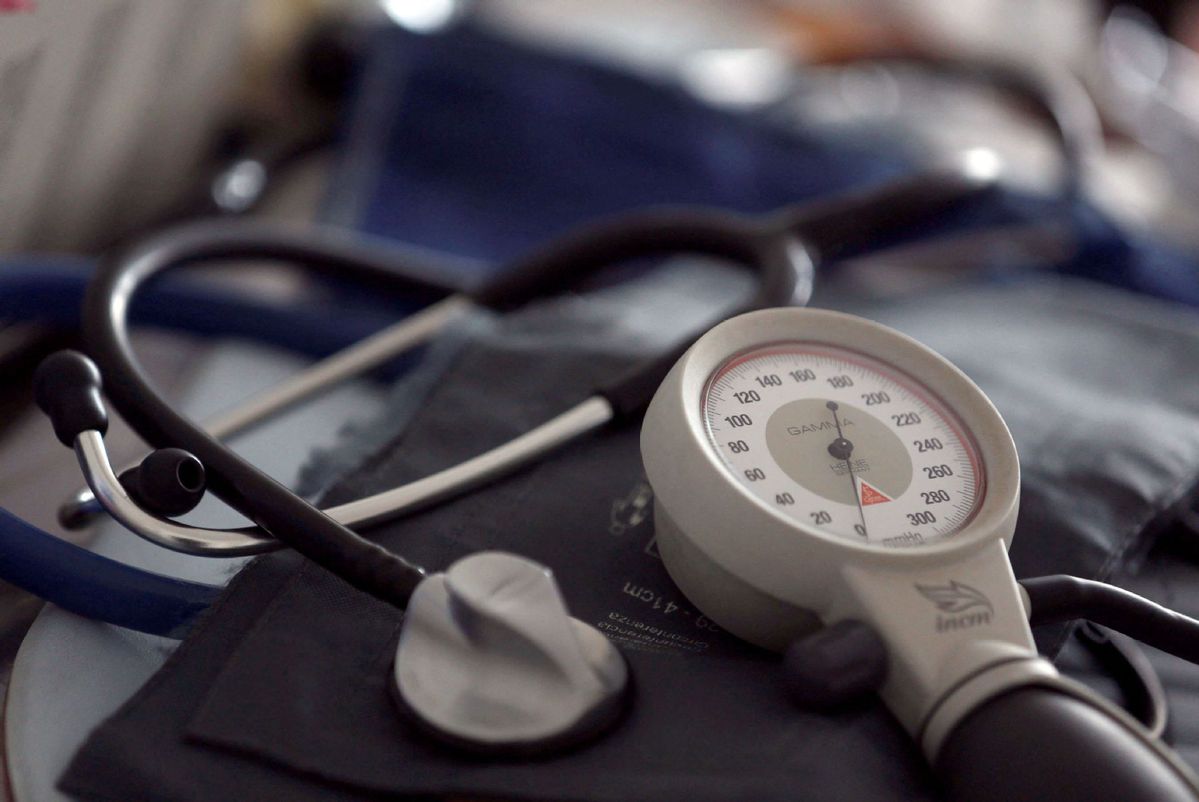Biannual injection could keep blood pressure in check without daily pill
By ANGUS McNEICE in London | China Daily Global | Updated: 2022-04-28 09:47

Scientists in the United Kingdom are trialing a new blood-pressure medication that uses RNA technology and can be injected twice a year, removing the need for daily pills for millions of people worldwide.
The Queen Mary University of London and the National Health Service will lead a trial of 100 patients with high blood pressure, otherwise known as hypertension, to see how the drug Zilebesiran performs.
Manish Saxena, deputy clinical director at Queen Mary University, said the "first of its kind" drug has the potential to "change modern medicine".
Around 1.1 billion people around the world have hypertension, including 270 million people in China, according to the World Health Organization. The condition is linked to around half of all stroke and heart attack cases.
"Hypertension is the leading cause of cardiovascular disease worldwide, including heart attack, stroke, and chronic kidney disease, and a major risk factor for premature mortality," said Guo Weinong, senior vice-president at United States-based company Alnylam Pharmaceuticals, which developed the drug. Alnylam is overseeing the UK-based trial along with several others, involving a total of 630 patients.
While hypertension treatments are widely available, the British Heart Foundation estimates that half of all patients do not adhere to their recommended dosage, which commonly involves taking pills on a daily basis.
"Despite the availability of multiple antihypertensive therapies, rates of hypertension and poor blood pressure control are expected to increase for years to come," Guo said. "Patient adherence to daily oral antihypertensive medications remains a challenge, warranting the development of novel treatment approaches to improve patient adherence through infrequent dosing."
Early-stage clinical trials have shown Zilebesiran successfully lowers blood pressure with no serious side effects, and researchers are hopeful the drug could go on to help save millions of lives, in part due to its convenient dosage regimen.
The drug forms part of a new generation of treatments that target RNA, which is responsible for regulating genes and for the coding of protein synthesis. By interacting with RNA, these drugs can either encourage, or inhibit, the synthesis of certain proteins, such as antibodies and hormones.
Zilebesiran suppresses the gene that produces angiotensin, or AGT, which is a hormone that causes vasoconstriction, or the contraction of blood vessels.
Vasoconstriction causes blood pressure to go up, so by inhibiting the body's production of the hormone, Zilebesiran leads to lower blood pressure.
AGT is synthesized in the liver, and Zilebesiran also involves a second active ingredient, a special molecule called a ligand, that helps bind the drug to liver cells.
























